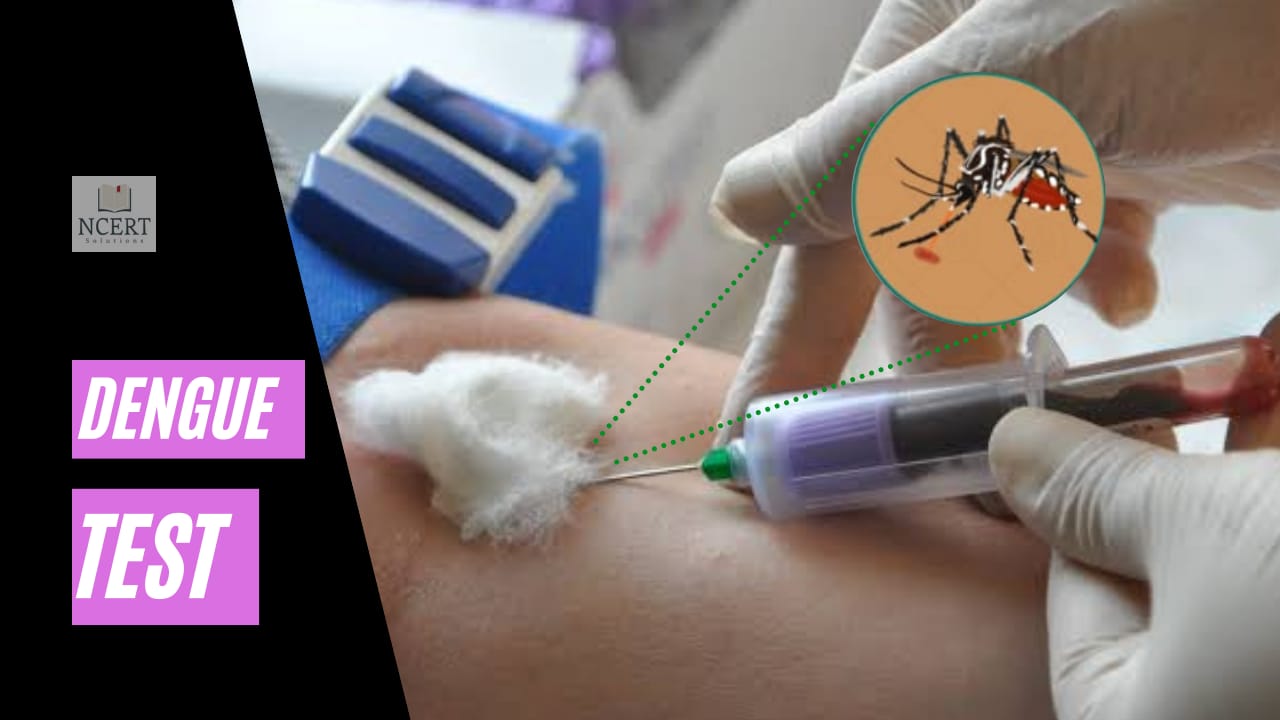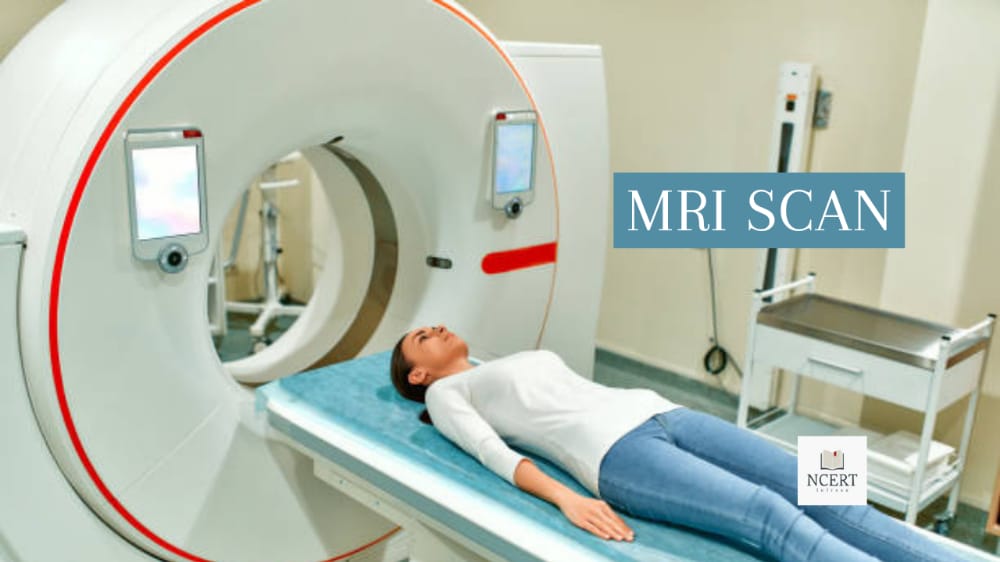Dengue is a viral infection spread by mosquitoes. Symptoms of dengue fever include –
- severe joint pain
- muscle pain
- swollen lymph nodes,
- headache
- fever
- fatigue and
- rash
Rash and headache during fever are considered to be a sign of dengue fever.
What is Dengue Test?
There are a few laboratory tests that may be done before a specific dengue test is done, including:
- Complete blood cells count (blood test)
- Metabolic Panel
- Serum protein and albumin levels
- Liver Panel
- Coagulation Profile or Disseminated Intravascular Coagulation (DIC)
Because the symptoms and signs of dengue fever are nonspecific, it is important to confirm this infection in the laboratory.
The test done to check for dengue infection depends on the timing. All tests done in the early days of the disease can show negative results. However, a decrease in white blood cells (WBC) or a decrease in platelets can indicate a viral infection.
Types of Dengue Test
All the following tests are done for dengue fever –
Molecular Test (PCR) for Dengue Virus
This test detects the presence of the virus. This test can test for dengue fever up to 7 days after the onset of symptoms and detects the four different types of dengue viruses that cause infection.
These tests look for fragments and proteins of dengue genetic material in the patient’s blood. The result of the test is very accurate and specific, which is more beneficial than ordinary antibody tests. Common antibody tests sometimes misdiagnose viruses.
NS1 Antigen
If the patient comes for a checkup within 5 days of the onset of symptoms, then it is said to be in the early stage of the disease. In this, a blood sample is taken immediately. Detection of the NS1 antigen may be significantly better during the febrile phase of a primary infection.
IgM and IgG Antibody Testing
If the patient comes 6 or more days after the onset of symptoms, the blood sample should be taken as soon as possible. Then serum IgM antibody test is done from this sample.
IgG and IgM tests are primarily tests for specific antibodies to the dengue virus, which may be useful in confirming the disease in the later stages of infection.
Both IgG and IgM tests are done after 5 to 7 days. The highest levels (securities) of IgM are detected after a primary infection, but the IgM test is used to check for re-infection.
Why it is done?
Dengue testing is used to test for cases of dengue fever or dengue hemorrhagic fever. Dengue hemorrhagic fever can prove to be fatal if not treated immediately and hence it is important to get tested immediately.
Some diseases whose symptoms and signs are somewhat similar to dengue, such as chikungunya or Zika disease, etc. This test can also be done to identify the correct disease.
Before Dengue Test
No special preparation is required before this test. Before going for the test, you should wear a T-shirt or shirt that is short-sleeved or whose arm can be raised easily. Before doing the test, the doctor gives you some special guidelines.
During the procedure
During the test, the doctor or technician takes a sample of blood from a patient’s vein, especially blood drawn from the veins behind the elbow or the back of the hand.
It involves the following process-
- First of all, the place where the needle is inserted, clean that place with antiseptic.
- After that, an elastic band or bandage is tied in the upper part of the arm, due to which the blood flow stops in the veins and they fill with blood and become clearly visible.
- After that, a needle is inserted into the vein and the process of removing the blood sample is started, the extracted sample is collected in a syringe, tube or vial etc. attached to the needle.
- After a sufficient amount of blood is drawn, the needle is removed and the elastic band is opened.
- A piece of cotton or a bandage is applied to the needle site, which is used to stop bleeding.
- After that, your sample vial is labeled with your name and sent to the laboratory for testing.
After Dengue Test
After taking the sample, the needle is removed and a piece of cotton or a bandage is put on that area, which prevents bleeding. When your blood is drawn, you may feel a slight prickling and a small scar afterward.
What are the risks of this Test?
Every person’s veins and arteries are different in size, so giving a blood sample may be more difficult and risky for one person than another.
- Heavy bleeding
- fainting or spinning
- Infection (some slight risk of getting an infection in the hole made in the skin by the needle)
What do Dengue Test results mean?
These test results and their interpretation depend on the type of test done and the number of days after the symptoms appear.
NS1 antigen
It is common to all dengue serotypes and can be used to detect primary or secondary infections. If the test result is positive, it means that you are positive for the dengue virus or have been exposed to the dengue virus in the past.
IgM antibody test – (which is positive after 5 days)
IgM antibodies appear about 5 days after the onset of disease symptoms. Then IgG appears about 14 days after the onset of symptoms. IgM levels can remain high for 1 to 2 weeks but can remain high for 2 or 3 months after the illness.
IgG antibody test – (which comes back positive after 1 or 2 days)
IgG levels tend to rise rapidly after 1 or 2 days of disease symptoms and may be present in the body as unrecognized antibodies in up to 20 to 30 percent of secondary infections.
When to get the Dengue Test
When you are experiencing symptoms of mild dengue fever or dengue hemorrhagic fever, you should get tested immediately.
Symptoms of dengue
Symptoms of dengue begin to appear 7 days after the bite of an infected mosquito. Which may include –
- Pain in muscles and joints
- frequent occurrence and disappearance of rashes on the body,
- High fever
- Persistent headache
- pain behind the eyes,
- Nausea and vomiting etc.
The above symptoms usually disappear after a week, with mild dengue causing a fatal complication in very rare cases.
Dengue hemorrhagic fever – In this, the first symptoms may be mild, but gradually they become severe within a few days. Along with the mild dengue symptoms, signs of internal bleeding may also appear.
The following symptoms may appear in a person suffering from dengue hemorrhagic fever
- bleeding from the mouth, nose or gums
- clammy skin,
- damage to lymph nodes and blood vessels,
- internal bleeding due to which vomit and stool etc. start coming in black color,
- Low platelets in the blood
- stomach sensitive,
- blood stains on the skin,
- Weakness of pulse etc.




